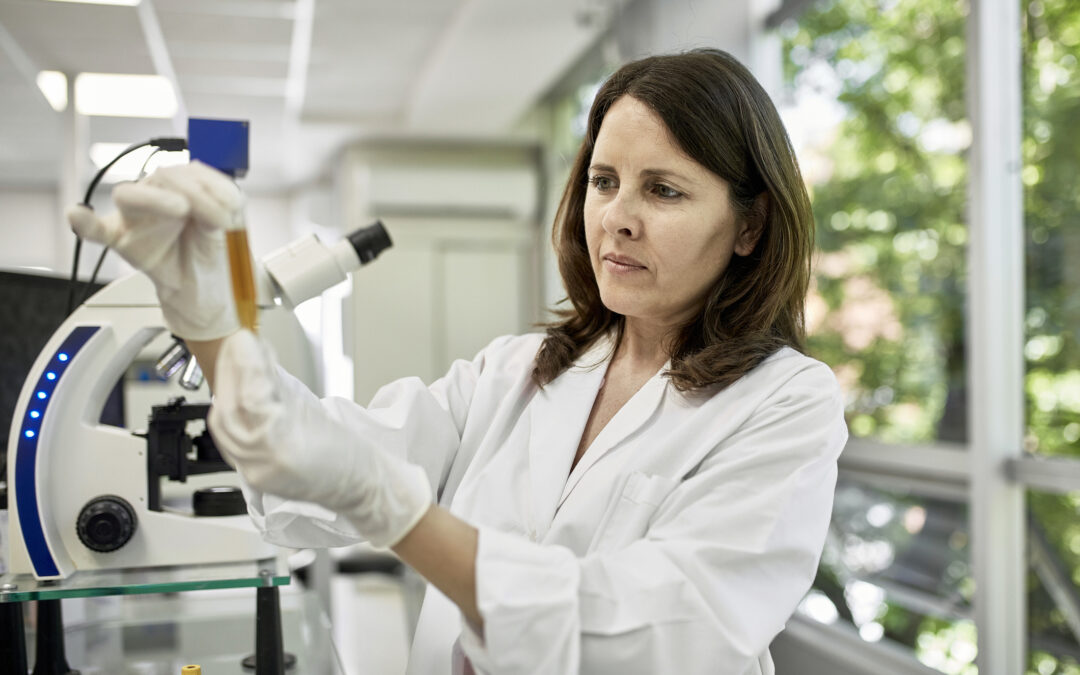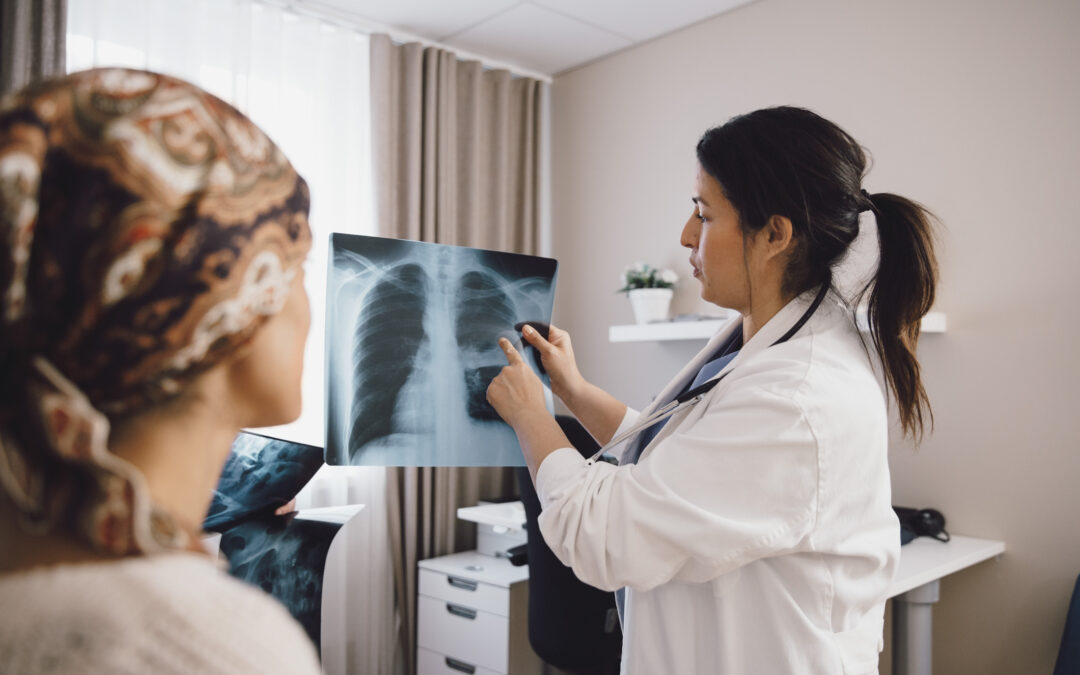
Cancer Screening Guidelines
As cancer research technology continues to advance, we are blessed with more tools to detect cancer at its earliest stages, when treatment can be most effective. Regular cancer screenings are incredibly valuable, especially when performed on individuals who are healthy and not yet experiencing any symptoms.
However, we understand that it can be overwhelming to determine which screenings are appropriate for you and when you should begin them, given that each type of cancer has its own recommended test. To help guide you, we have compiled a list of some of the most commonly recommended screenings for various populations, based on the type of cancer.

Genetic Risk Assessment
At SCRI Oncology Partners we have genetic counselors who can meet with you via telehealth or in-person to assess when you might want to start screening based on personal history, family history and previous genetic testing. The American Cancer Society strongly recommends that anyone thinking about genetic testing talk with a genetic counselor before getting tested in order to understand what the tests can − and can’t − tell you, and what any results might mean, before deciding to be tested.

Cancer Blood Tests
In the last decade there have been advances in blood tests for cancer, including tumor marker tests that look for substances that are released into the blood by cancer cells or by other cells in response to cancers. For example, a testicular cancer blood test looks for beta-human chorionic gonadotropin, alpha-fetoprotein or lactate dehydrogenase. While having these substances in your blood does not mean that you have testicular cancer, having higher than normal levels of these substances show up on a cancer blood test provides a clue to your health team to better understand what is going on.
There are also multi-cancer early detection tests, also called MCED tests. These may help with cancers that do not have regular screenings, such as pancreatic cancer. MCED tests are a fairly new cancer research technology and have yet to be fully cleared or approved.

Genetic Risk Assessment
At SCRI Oncology Partners we have genetic counselors who can meet with you via telehealth or in-person to assess when you might want to start screening based on personal history, family history and previous genetic testing. The American Cancer Society strongly recommends that anyone thinking about genetic testing talk with a genetic counselor before getting tested in order to understand what the tests can − and can’t − tell you, and what any results might mean, before deciding to be tested.

Cancer Blood Tests
In the last decade there have been advances in blood tests for cancer, including tumor marker tests that look for substances that are released into the blood by cancer cells or by other cells in response to cancers. For example, a testicular cancer blood test looks for beta-human chorionic gonadotropin, alpha-fetoprotein or lactate dehydrogenase. While having these substances in your blood does not mean that you have testicular cancer, having higher than normal levels of these substances show up on a cancer blood test provides a clue to your health team to better understand what is going on.
There are also multi-cancer early detection tests, also called MCED tests. These may help with cancers that do not have regular screenings, such as pancreatic cancer. MCED tests are a fairly new cancer research technology and have yet to be fully cleared or approved.
Cancer Specific Screenings
Recent Articles

How to Detect Skin Cancer
Skin cancer is the most common form of cancer in the United States with more people being diagnosed each year than all other cancers combined. Knowing what to look for can help catch it early when it’s much easier to treat.

Six Must-Knows about Bladder Cancer
Bladder cancer is the fourth most common cancer diagnosed in men, and men are four times more likely than women to develop it.

What is Metastatic Breast Cancer?
Metastatic breast cancer is breast cancer that has spread from the breast to other parts of the body. This is also referred to as advanced or stage 4 breast cancer.
We’re here when you need us
If you were recently diagnosed or would like a second opinion, request an appointment with one of our experienced cancer doctors right here in Nashville.
We’re here when you need us
If you were recently diagnosed or would like a second opinion, request an appointment with one of our experienced cancer doctors right here in Nashville.
We’re here when you need us
If you were recently diagnosed or would like a second opinion, request an appointment with one of our experienced cancer doctors right here in Nashville.

